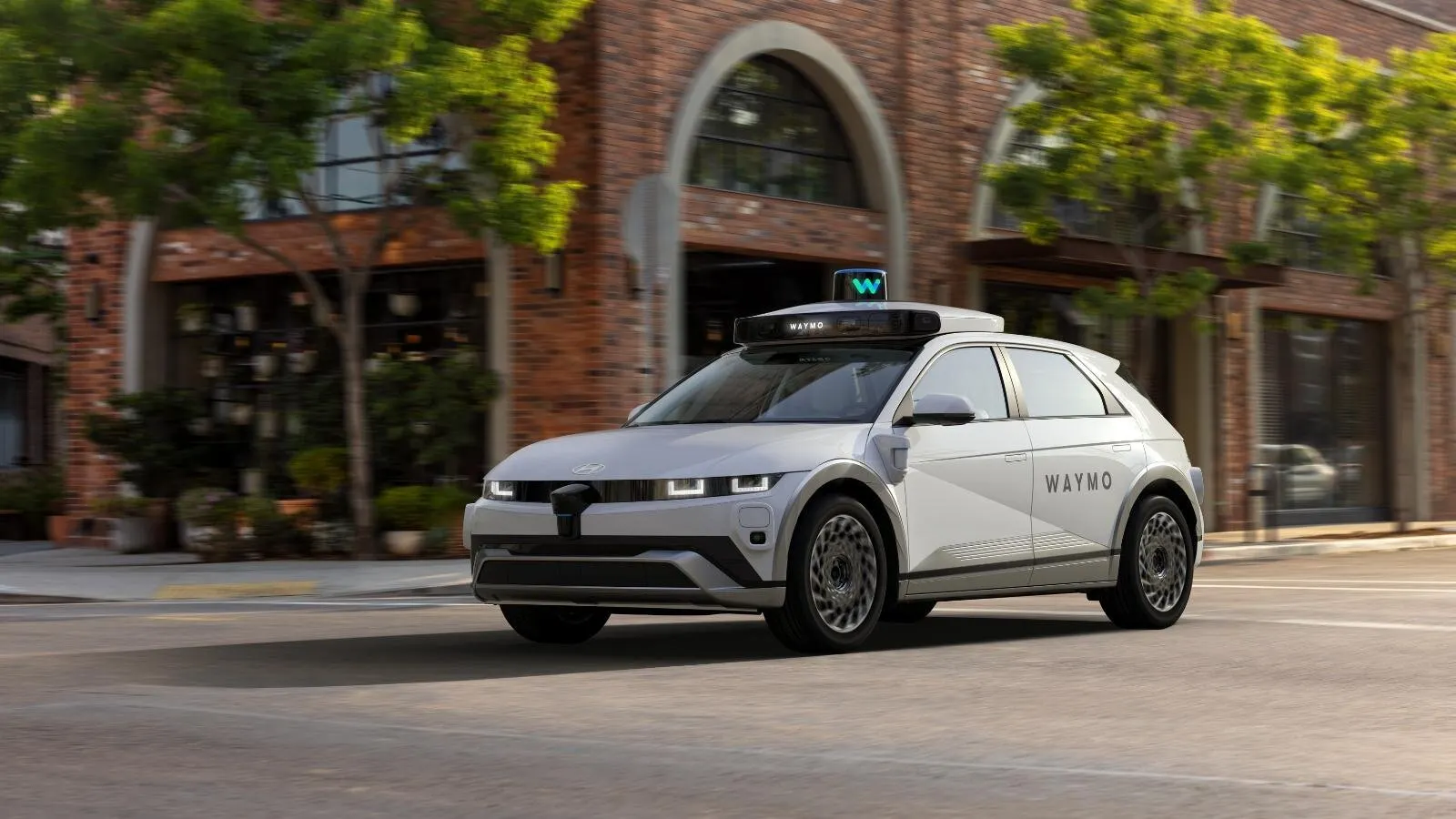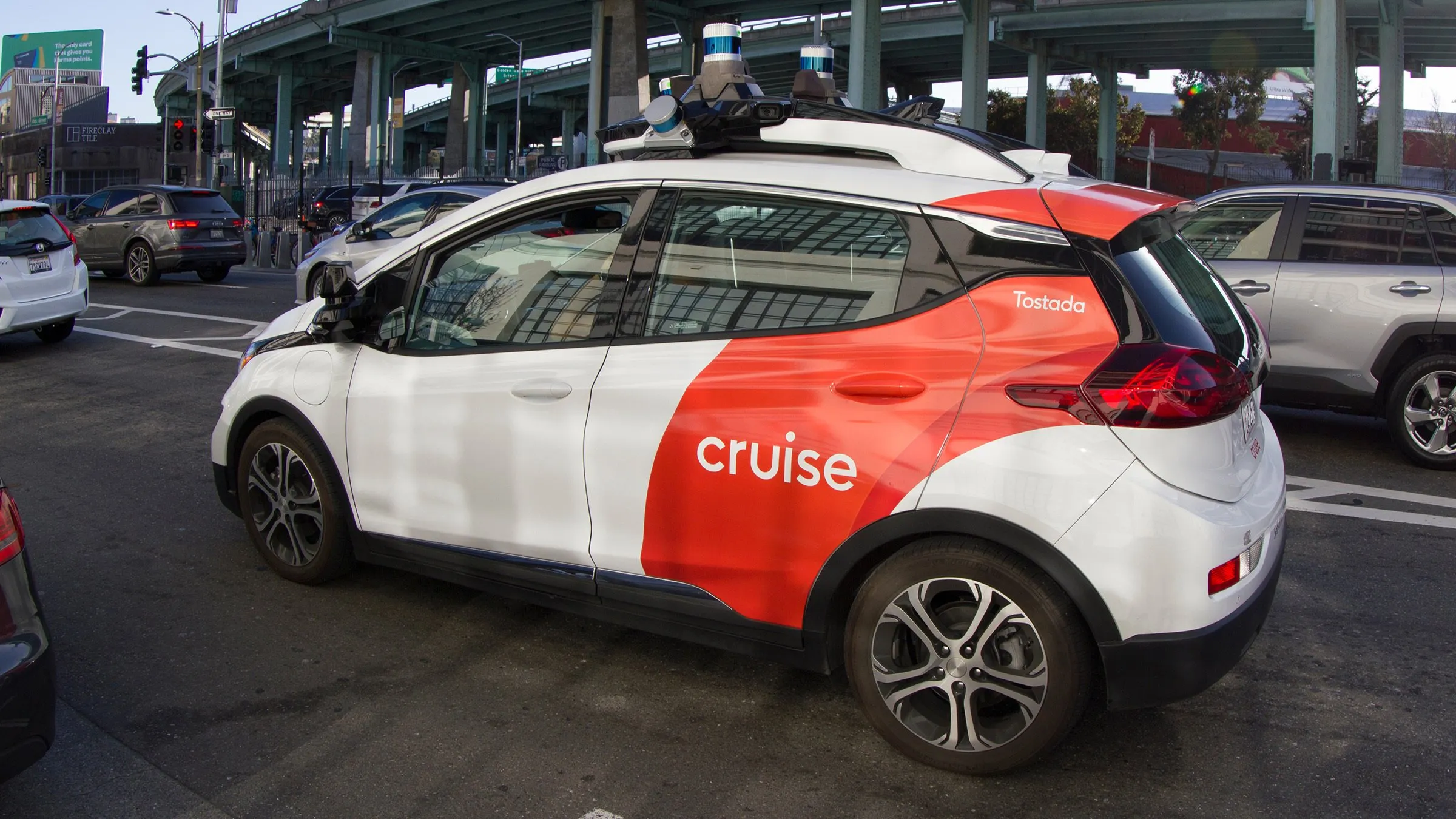In brief
- UK government plans to trial self-driving taxis in London starting with limited autonomous vehicles on specific roads, aiming for full commercial launch by late 2027.
- Major companies Uber and Wayve have partnered to test the service, with customers able to book rides through the Uber app once trials begin.
- Officials emphasize rigorous safety testing will be prioritized, acknowledging London's complex medieval street layout poses greater challenges than previous test cities.
The UK government has announced plans to begin trialling self-driving taxi services on its roads, just as there’s been blow-back in LA where several self-driving Waymo cars were torched.
Several vehicles were set on fire Sunday during a protest against the U.S. Immigration and Customs Enforcement raids in Los Angeles and the Trump administration’s deployment of National Guard into the region.
The initial plan in London, as put forward by the Department for Transport, involves a limited number of autonomous vehicles on specific roads—including in the capital city.
The government aims to allow companies to fully launch autonomous taxi services in the second half of 2027.
Officials have been clear that they will prioritize safety over all else.
Self-Driving Waymo Cars Torched During ICE Protest in Los Angeles
Several Waymo autonomous taxis were vandalized and set on fire Sunday during a protest against the U.S. Immigration and Customs Enforcement raids in Los Angeles and the Trump administration’s deployment of National Guard into the region. What the vehicles were doing there—who sent them, and why—is thus far unknown. Viral videos posted to social media show demonstrators climbing atop the self-driving taxis, smashing windows, and spray-painting the sides of the taxis. At least five vehicles were s...
"We won’t allow this technology to be deployed on our roads unless we are confident that really rigorous safety tests have been met,” said Transport Department spokesperson Marco Barbato.
Major taxi firms have announced interest right away. U.S. firm Uber and UK based Wayve have both said they would be interested in becoming partners so they can jointly take advantage of the plan to launch self-driving vehicles on London roads.
Wayve CEO Alex Kendall has acknowledged that testing in a busy city like London will be a challenging environment.
“This is not Phoenix, Arizona," he said, referring to the city where the company initially launched. "it’s not a grid-like city in the desert where the sun always shines. London is a medieval, structured environment. It has seven times more jaywalkers than San Francisco."
Early tests, he said, will enable the company to show it is "scalable and trusted".
The partnership will allow customers to use the Uber app to call Wayve cars. This is already how the setup is working with Uber and Google's Waymo in Austin, Texas and with Uber and Hyundai-linked Motional in Las Vegas.
Cruise CEO Steps Down Amid Self-Driving Car Safety Crisis
Kyle Vogt, CEO of Cruise, announced his resignation on Twitter. His departure from the autonomous vehicle subsidiary of General Motors follows recent high-profile developments, including the suspension of Cruise's driverless car testing permits in the state of California and the pausing of operations due to safety incidents and operational setbacks. "Today I resigned from my position as CEO of Cruise," Vogt tweeted, and reflected on the company's journey, stating, "The last 10 years have been am...
"Our vision is to make autonomy a safe and reliable option for riders everywhere, and this trial in London brings that future closer to reality,” said Uber President and COO Andrew Macdonald.
This won’t be the first time tech startups have hit London streets. The city has already seen Israeli company Mobileye test its collision tech on buses. And UK-based autonomous vehicle manufacturer Oxa has trialled its tech in Oxford and London.
Edited by Stacy Elliott.






